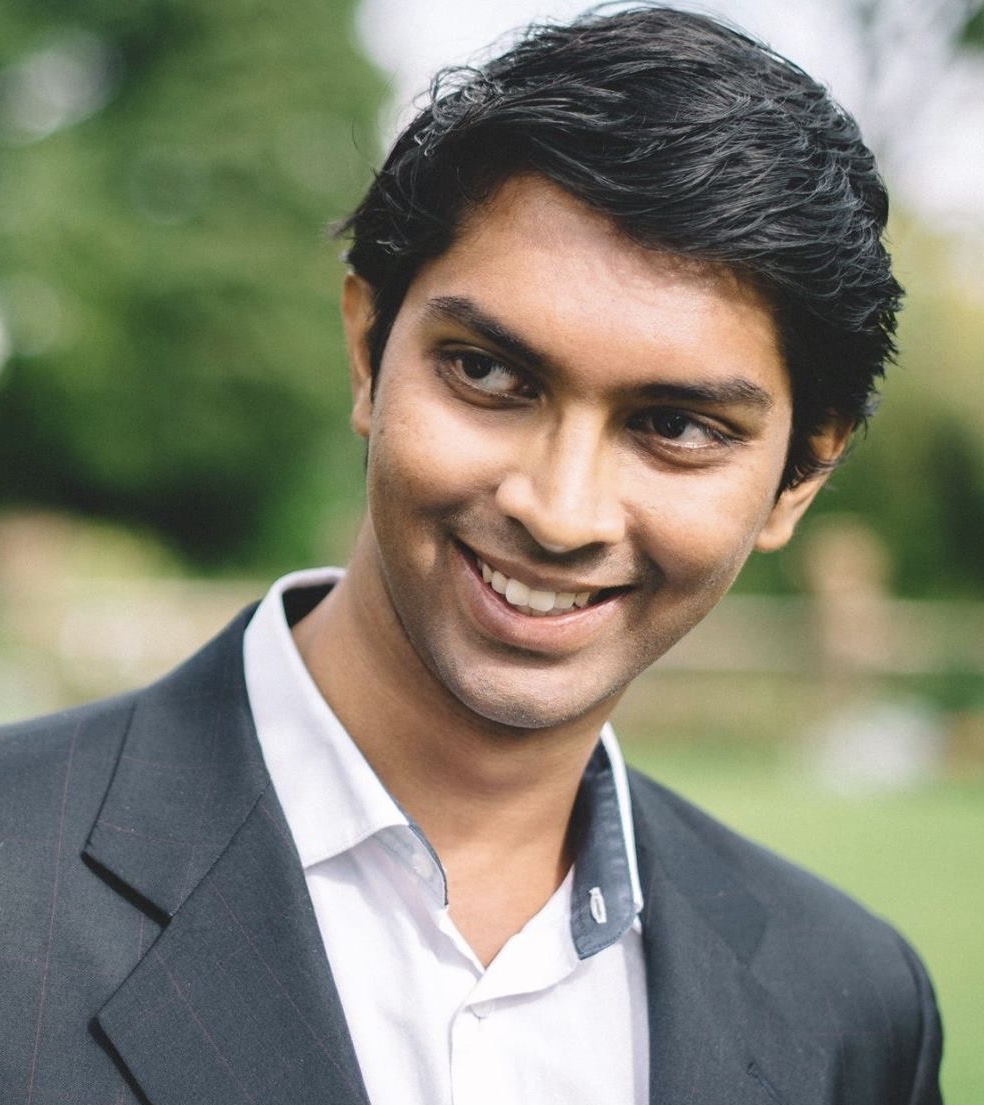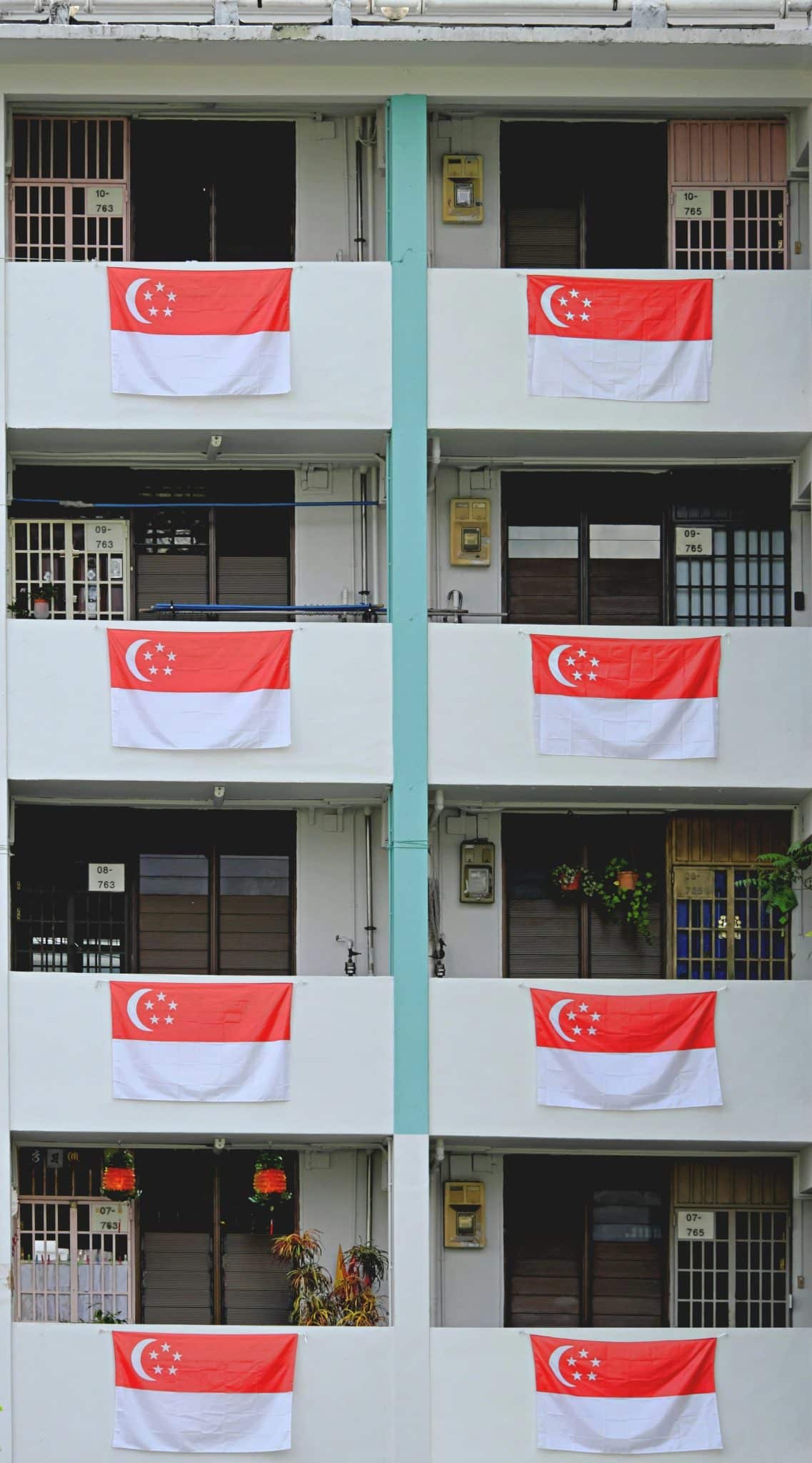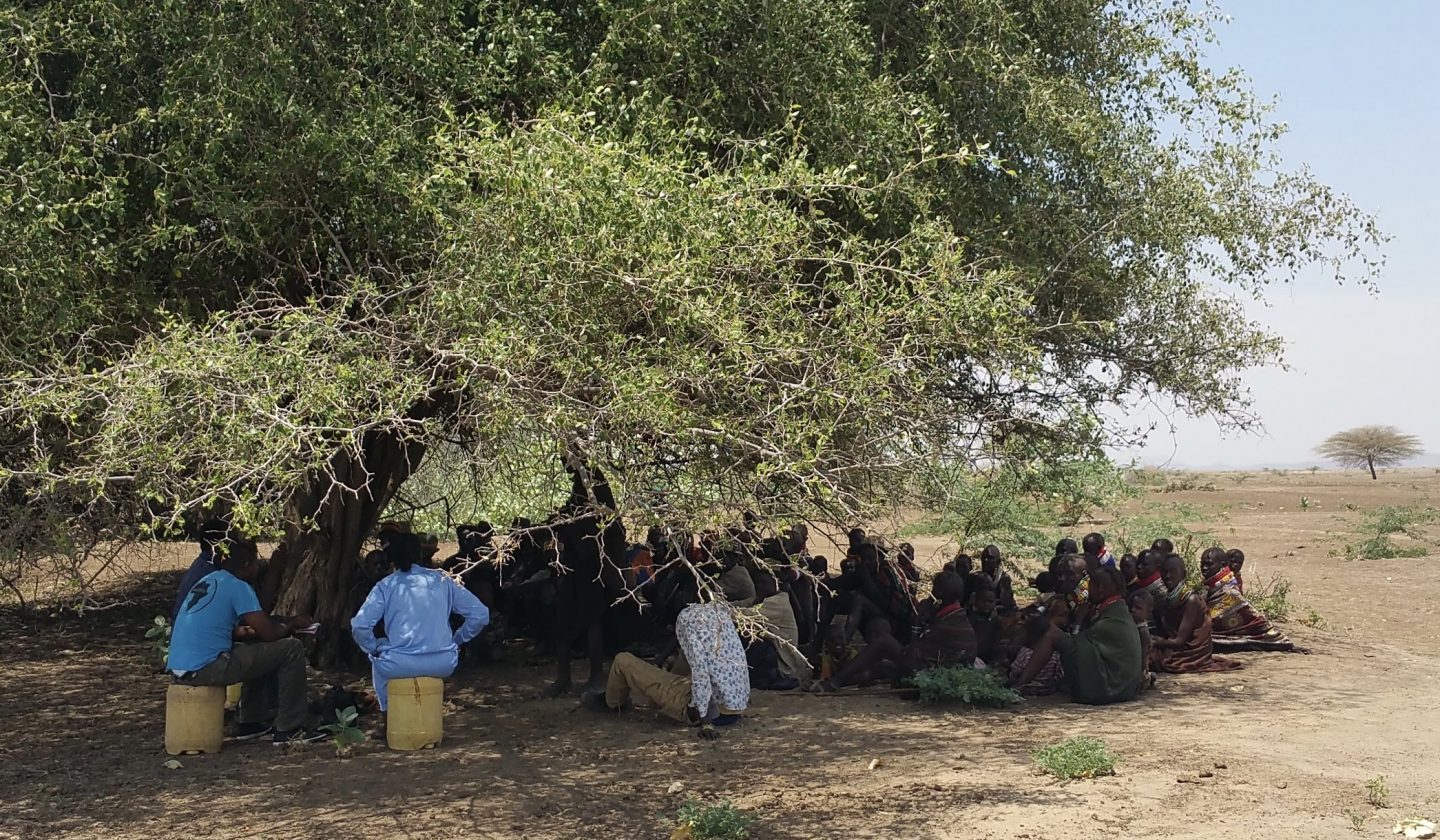
Singaporean missionary Timothy Weerasekera learnt about what resilient faith, radical hospitality and true forgiveness looked like from his time spent sitting under the shade of trees with some of the persecuted brethren in Africa.
One would be hard pressed to find a better classroom of life.
As a missionary, the classroom of grass taught me that when I needed something – even if it was just a little thing – I just needed to ask for it and wait.
Once I was made homeless because my landlord kicked me out without notice. The tragic end to a silly misunderstanding.
Lonely, without anyone around me who could really understand, and now homeless, I sought refuge in a Ugandan pastor’s house, and prayed that the Lord would help me find cheap rental accommodations.
Ping. I get a message in my Facebook inbox from a Singaporean lady who also lived in Uganda and owned a block of flats there.
She asked to meet and by the time the afternoon was over, she and her husband had offered me a flat to live in, rent free.
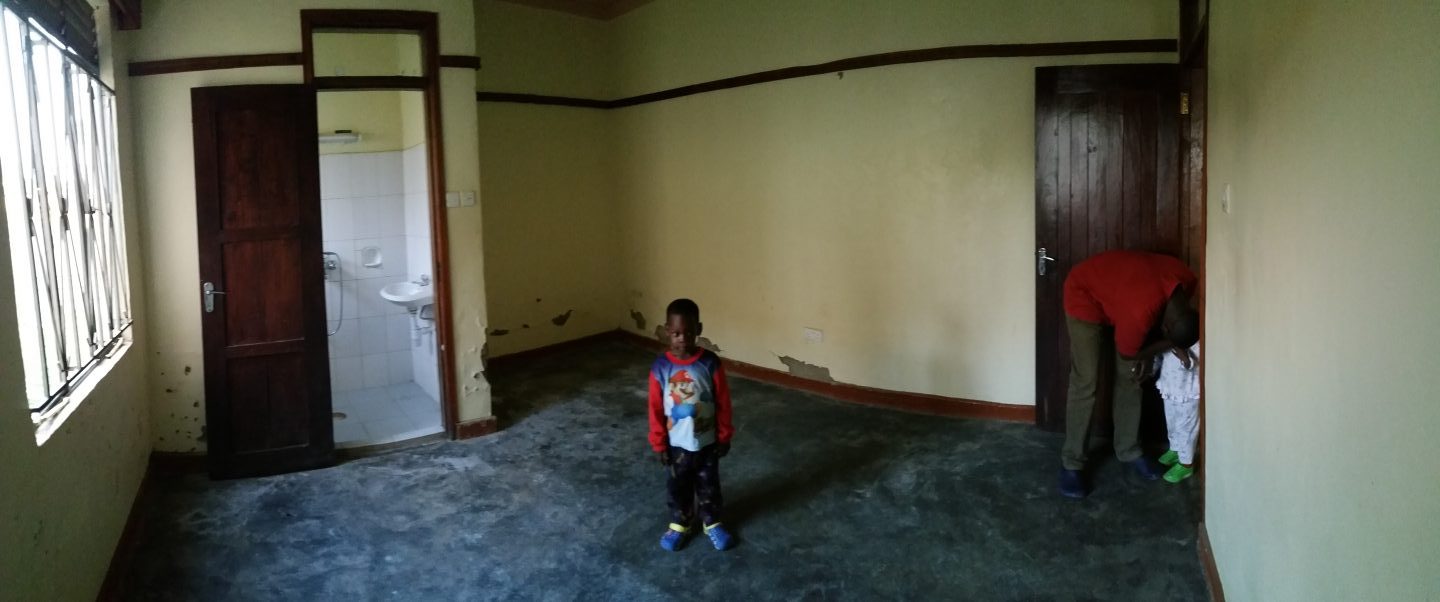
The house that the Ugandan pastor put Tim up in when he was suddenly made homeless.
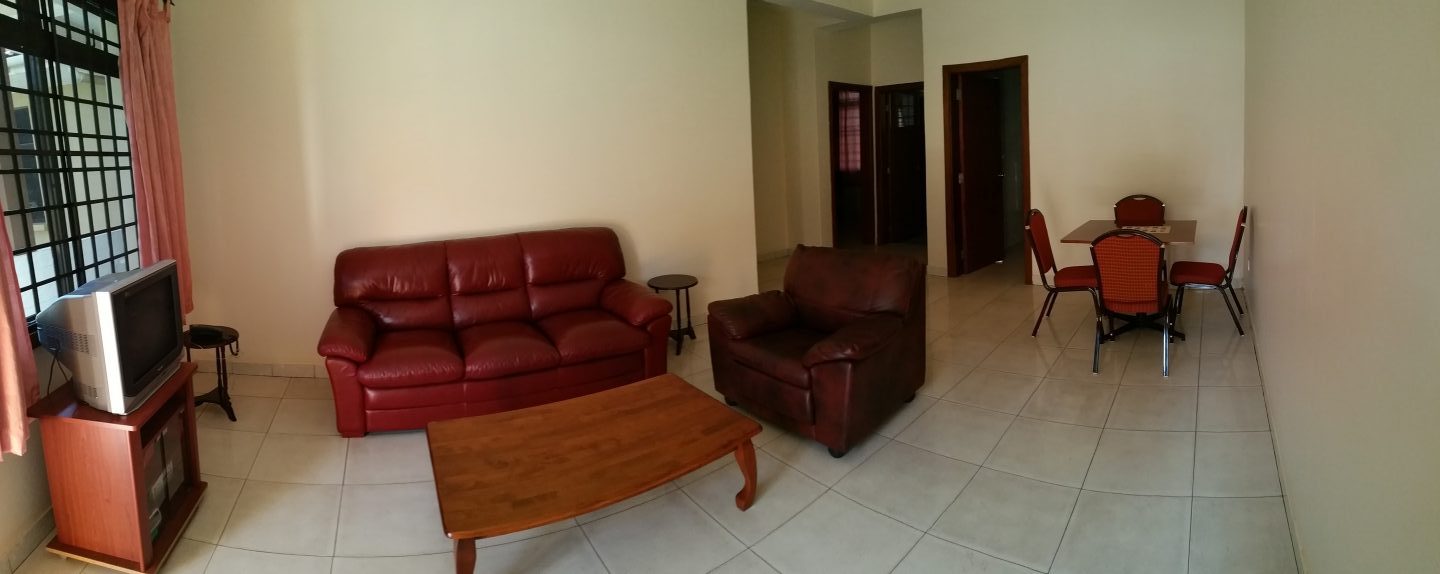
Subsequently, by God’s grace, a Singaporean couple offered to put him up in their flat for free.
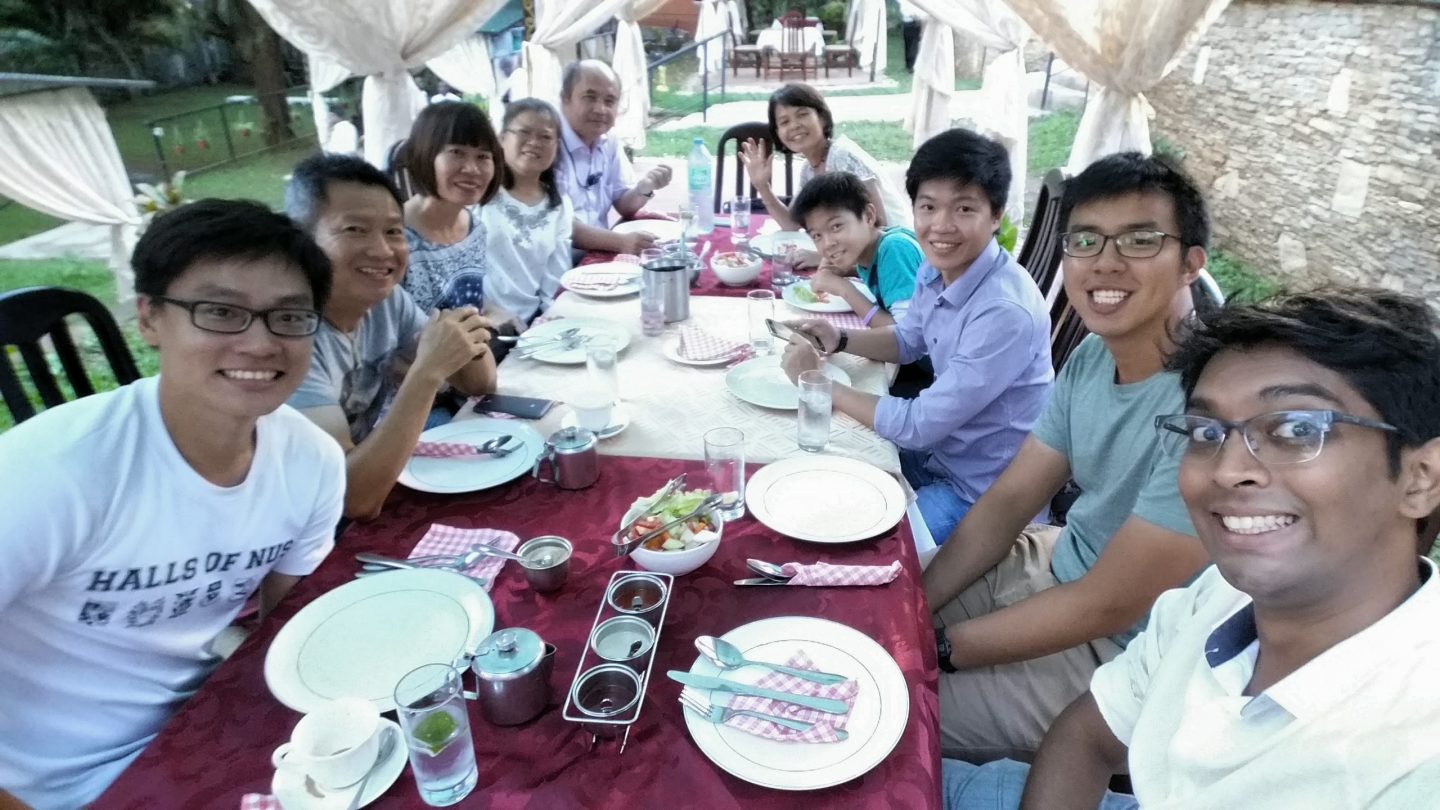
Through divine appointment, Tim (extreme right) met every Singaporean in Kampala, Uganda.
Mind you, this was the second time someone had offered me a house to myself for free. As if that wasn’t a huge enough blessing, that very day through various chance meetings, the Lord also introduced me to every Singaporean in Kampala.
His provision was generous indeed.
And this was just the tip of the iceberg of how faithful He’s been to me.
Greater is He
As much as the classroom of grass showed me the power of God’s miracles, both through Jehovah Jireh’s provision and Jehovah Rapha’s healing work, it also showed me how real the power of the enemy was.
Spiritual warfare and showdowns with the demonic were no uncommon affair in Uganda.
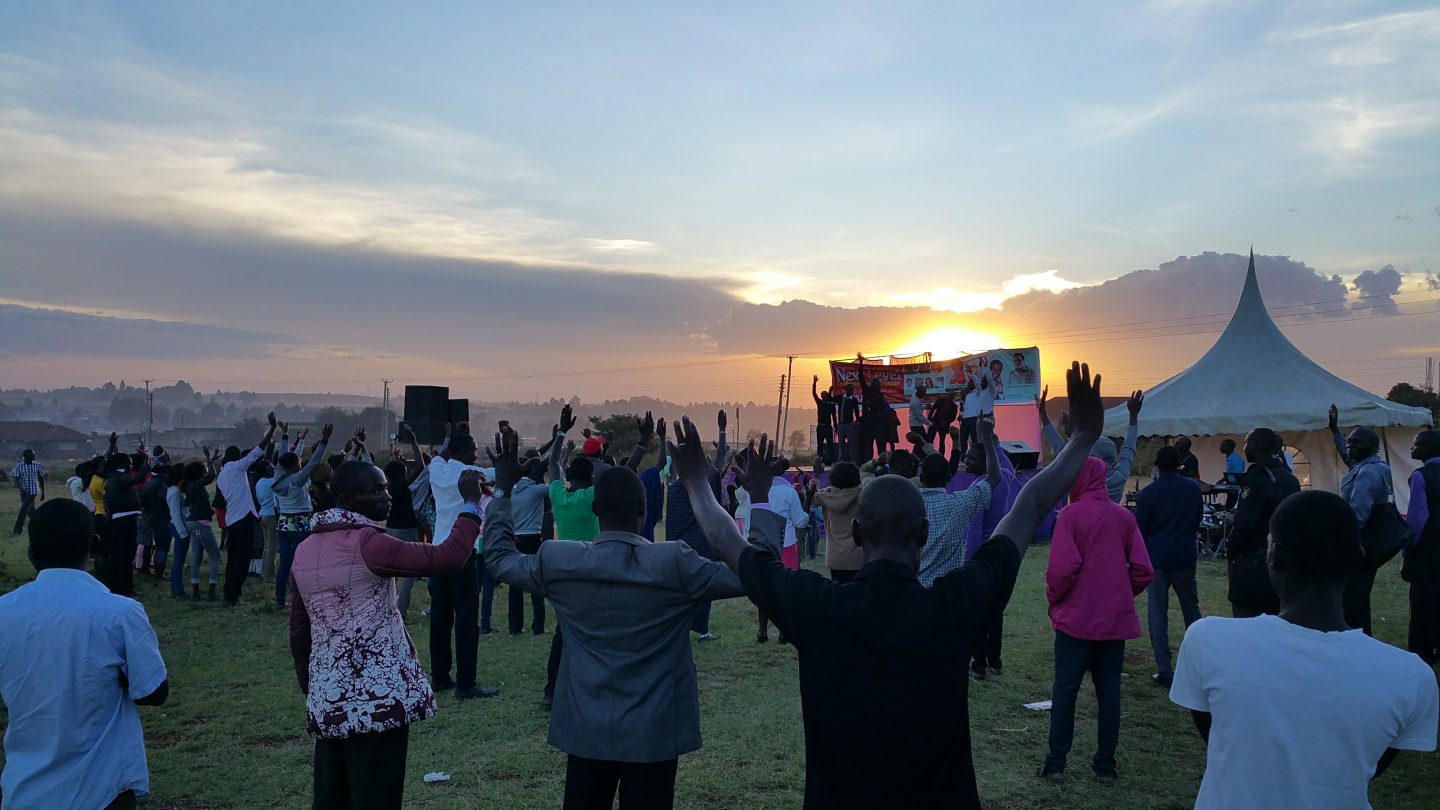
An open-air evening rally in Eldoret, Kenya, organised by Cornerstone Ministries International, where the Holy Spirit moving powerfully.
As I baptised Michael, a paraplegic drunk, demons came out of him. At night-time open-air rallies, the demonised would come out to distract at the meetings, dancing and writhing in public. In church, when the Holy Spirit moved powerfully, the demons had no choice but to leave.
And leave they did, but not without kicking up quite a fuss by screaming and contorting the bodies of the poor, oppressed people.
I loved this lesson because demonic manifestations no longer scare me. The Lord has shown me that when it comes to judging false spirits, greater is He that is in me than he that is in the world. (1 John 4:4)
Teachers in rags
Quite apart from seeing God’s hand move mightily, for my good and against the enemy, the most significant impact on me was made from my time spent amongst refugees and the persecuted church.
They were the ones praying for their oppressors and forgiving them for the loss of everything they held dear.
It was from these Christians that I learnt about what resilient faith, radical hospitality and true forgiveness looked like.
From my time eating with them, preaching to them, and sitting under the shade of trees with some of our persecuted brethren, I couldn’t help but feel that their stories of miracles by far eclipsed ours in grandeur (not that anybody’s comparing) perhaps because their needs far eclipsed ours in severity.
A South Sudanese mama in Rhino Camp, Northern Uganda, recounted to me how she was about to be killed in her home by armed men approaching with machetes.
She let out her final cry to the Lord with her hands lifted up in surrender, and suddenly, it was as if an invisible forcefield was placed around her house. The men ran straight into it and were flung back to the ground. This scared them so much that they ran away, allowing for the old mama to undertake the long and arduous journey to Uganda.
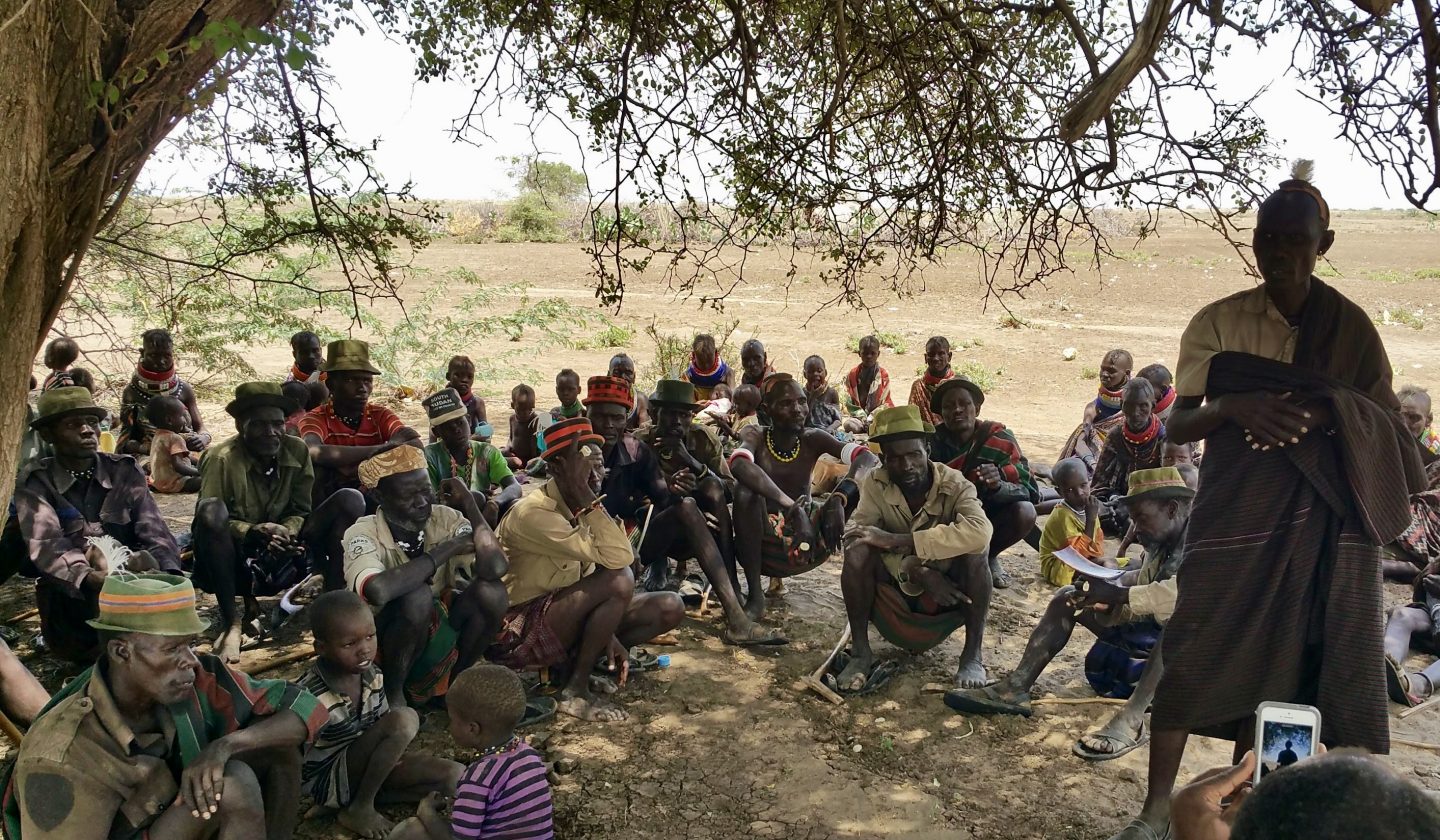
A village meeting under a tree with a nomadic tribe in in Northern Kenya. These Christians live in perpetually dire straits as they walk 16km each day to try to trade wood for water at a nearby refugee camp. Many from the community have died from thirst, heat and starvation.
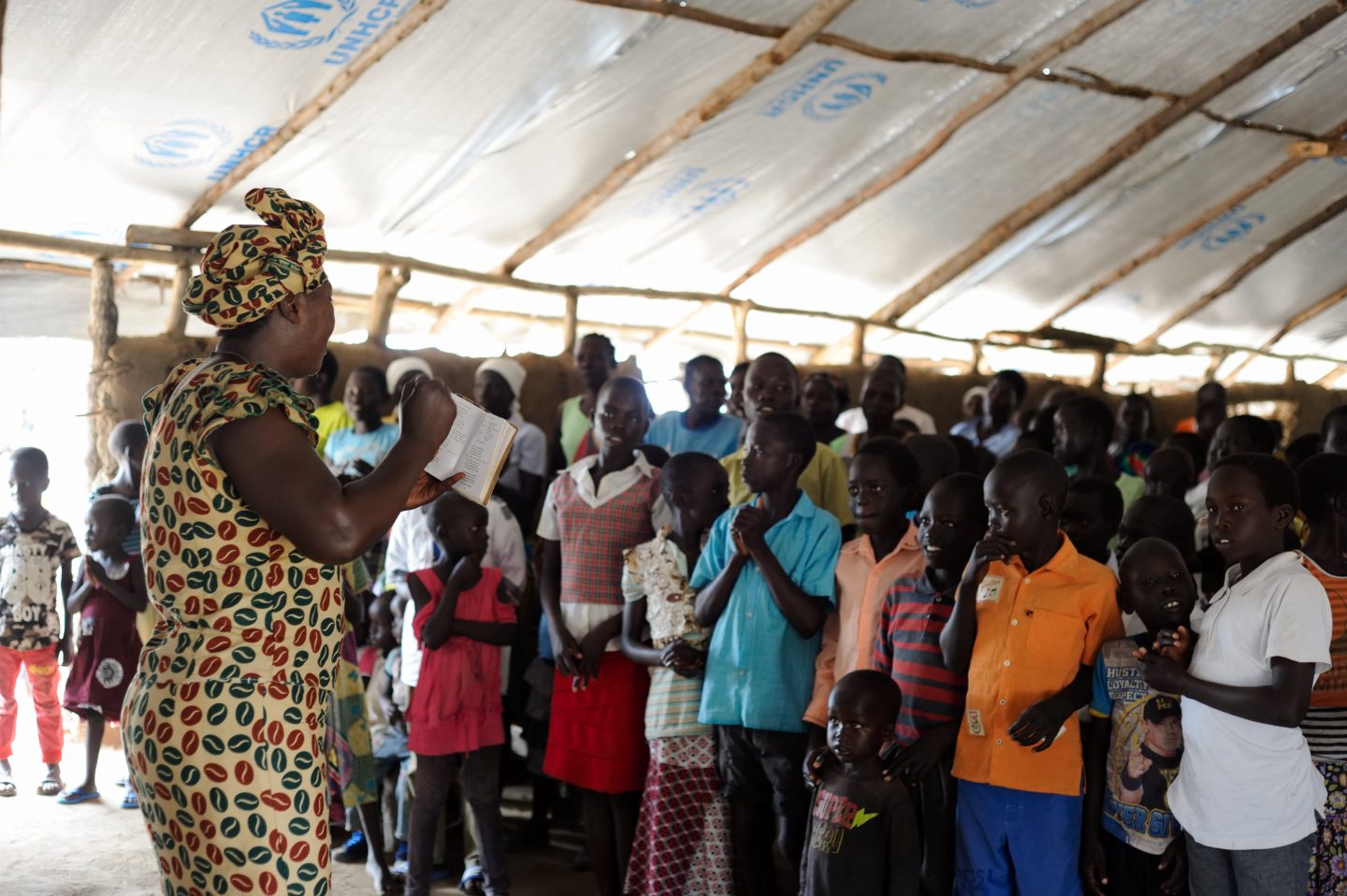
A village church in Rhino Camp, Northern Uganda. Many of these refugees have fled the traumatic violence of South Sudan and yet they worship God with their all. Churches are often packed to the brim.
These refugees weren’t always refugees. They were just like you and me, with jobs, property, families and relationships. But unlike us, they had everything taken away by war, violence and injustice.
And yet, they were the ones praying for their oppressors, forgiving them for the loss of everything they held dear and holding onto hope for a real future with everything they had.
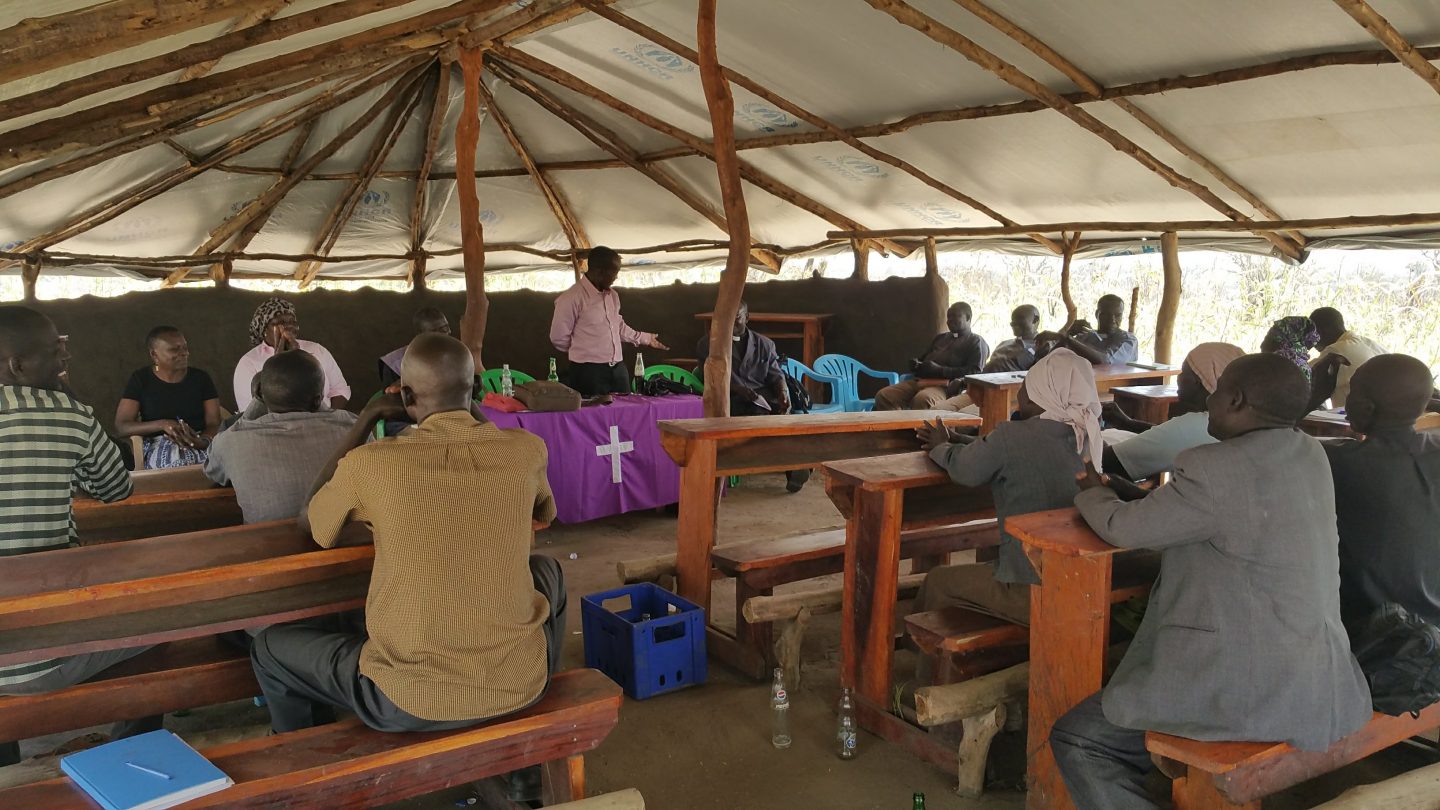
A pastors’ meeting at a refugee camp in Northern Uganda where Tim ran a needs assessment exercise and a workshop on trauma counselling for the churches in the 150,000 population camp. Pastors need healing from trauma too.
We in the first world pride ourselves on our ability to provide for our brothers and sisters in the developing world, but I think it is time we humbled ourselves to learn from our teachers in rags.
I oversaw massive feeding programmes in Northern Uganda worth hundreds of thousands of dollars, thinking I was doing them a service. But it was I who was left humbled as a student of their lives when I understood who they truly were.
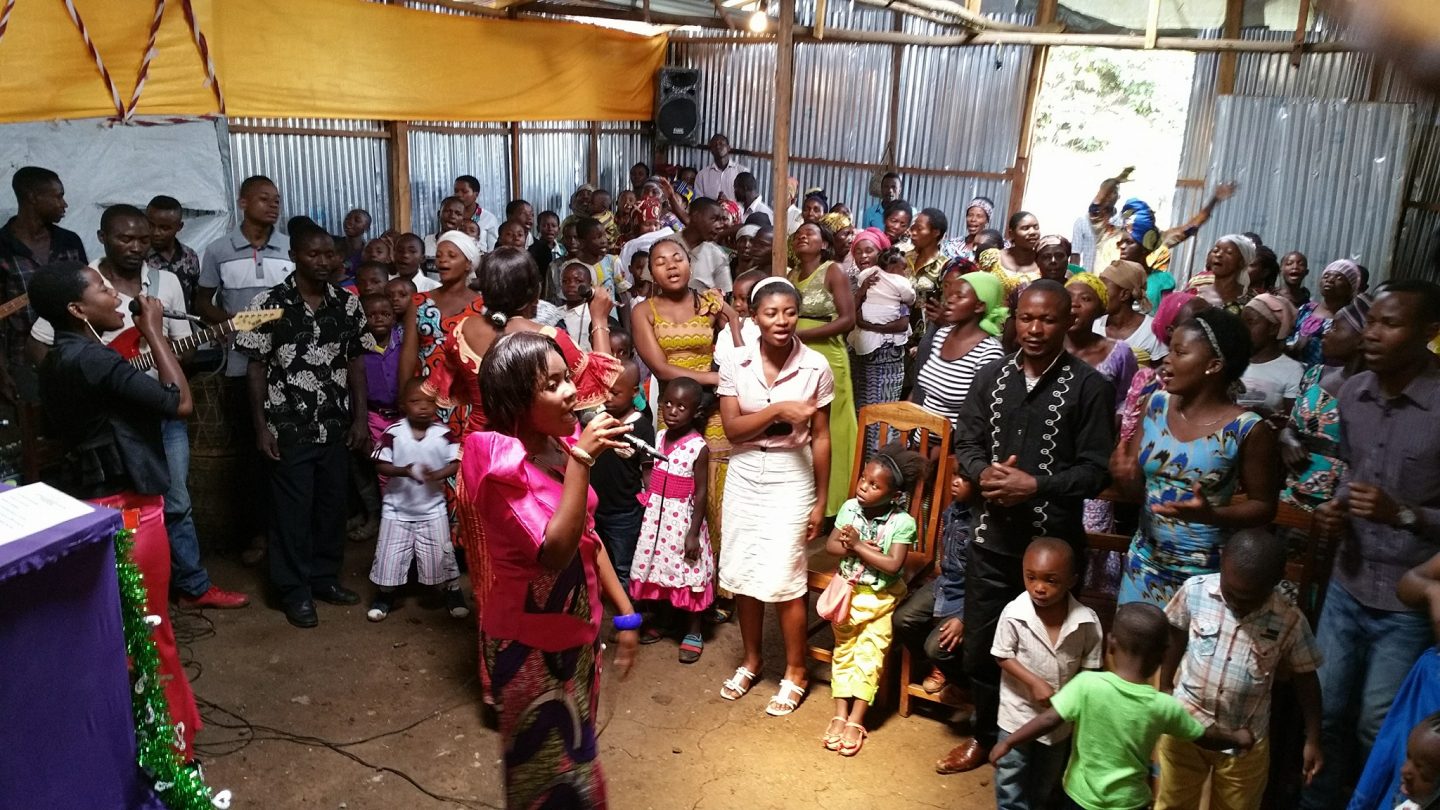
Tim had the opportunity to preach to the people of this humble church in Bukavu, D.R.Congo, who worshipped with incredible life and passion despite their very difficult situations. They also showed him incredible generosity by treating him to a delicious meal that Sunday.
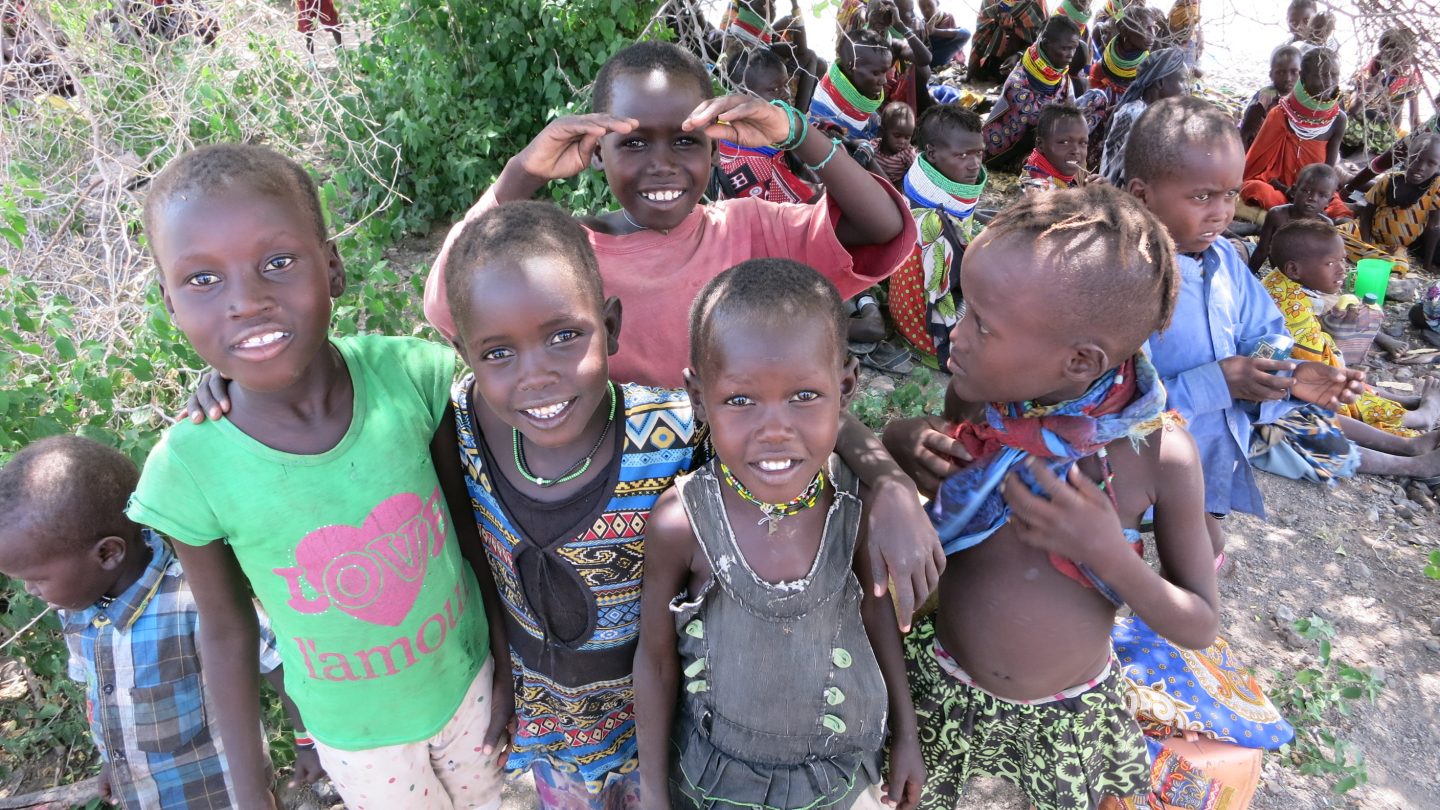
Tim believes that many whom he met, often labelled “the poorest of the poor”, are the richest of the rich because they are likely to be the ones standing closer to the throne of God.
Language is no barrier to love when you are served the only egg the family has that day while everyone else eats less than a handful of plain rice.
On the field, where basics are scarce, every act is an act of radical hospitality. Every gift, incredible generosity.
Love is not difficult when you are welcomed not just with warm greetings of song, but with the only chicken slaughtered in celebration of your meagre arrival.
On the field, where basics are scarce, every act is an act of radical hospitality. Every gift, incredible generosity.
It is not difficult to fall in love with a people when they first love you. And so it is at these points that I am reminded of the character of God.
These people, on whom we sometimes place convenient labels like “the poorest of the poor”, are really the richest of the rich because they are likely to be the ones standing closer to the throne.
The missionary
When we recount our exploits and adventures, many missionaries are commended for being so brave, or so sacrificial, or so kind.
I don’t think this is necessarily truer for missionaries than others and it makes me sad to see Singaporeans think of themselves as “lesser Christians”.
In truth, the mission field brings with it the illusion of usefulness, and often prompts the celebration of form, not of substance.
Our job is to count the cost before building the house, then still be willing to build it.
We should focus on celebrating what really counts – obedience.
Missionaries aren’t especially brave, or sacrificial, or generous, except for what the Lord puts in us.
And it’s in the awareness of our own frailty that we choose to trust, obey and give of ourselves.
Our job is to count the cost before building the house, then still be willing to build it.
All this is to say, if you’re thinking of going out on the road less travelled and you worry about what the journey may bring, be encouraged.
When you are called, whether to cold Britain or to dusty Africa, you will be given the grace to thrive in the place you belong. Missionaries in hard places can be the happiest people in the world.
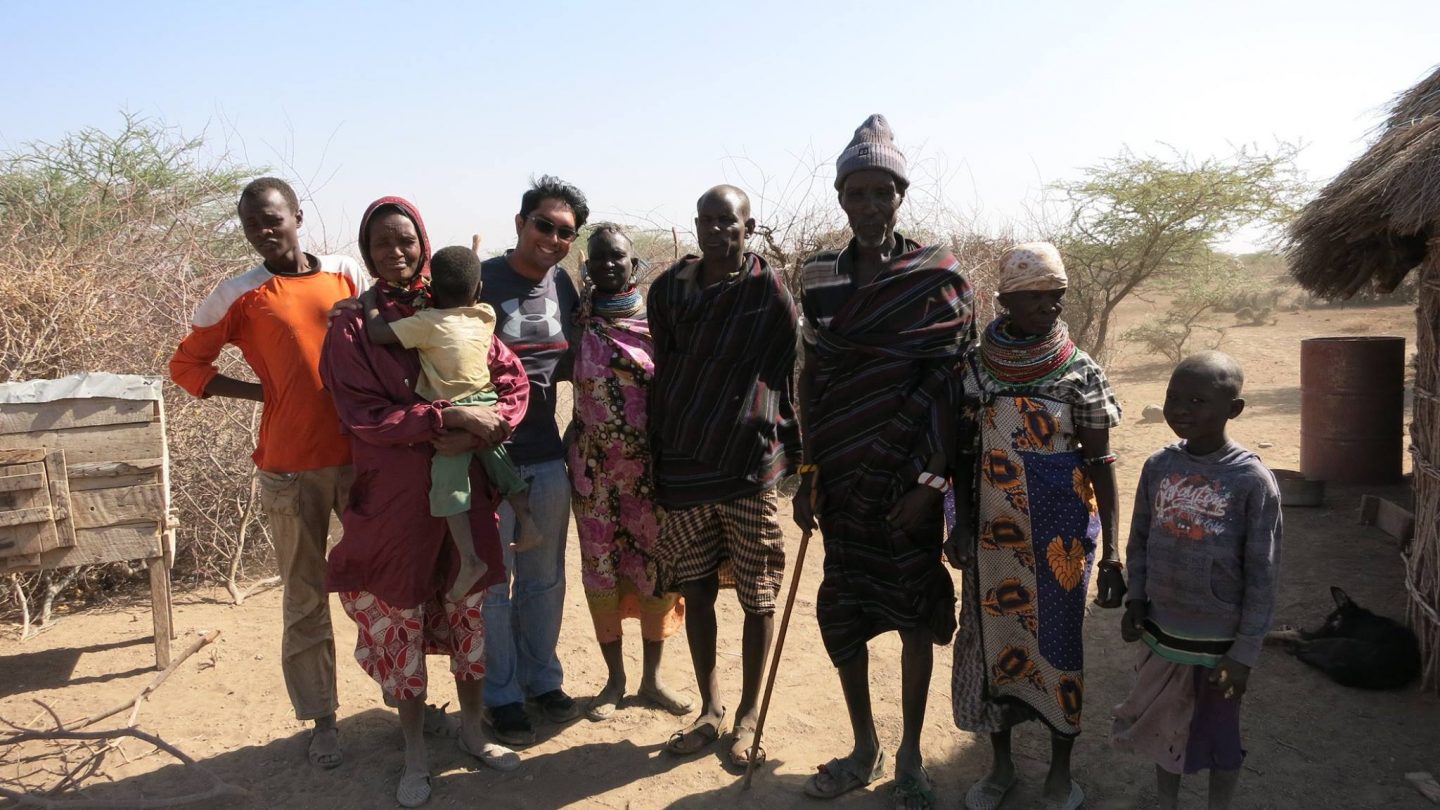
Tim (third from left) visiting with a family from the Turkana tribe in North Western Kenya. This nomadic community has been struggling because of a drought which has wiped out their cattle and reduced their farmland to dust.
If you’re not feeling called out, then perhaps this will speak to you.
At the beginning of this year, I received a directional change from the Lord. The season was one of training back in Singapore again. Not field work.
I asked the Lord why he was bringing me back home. He didn’t answer.
But what He did say was more profound: “Singaporean souls are as important to me as African ones, Tim.”
I was so preoccupied with the loss of a place I wanted to be in that I missed out on the potential of where I already was.
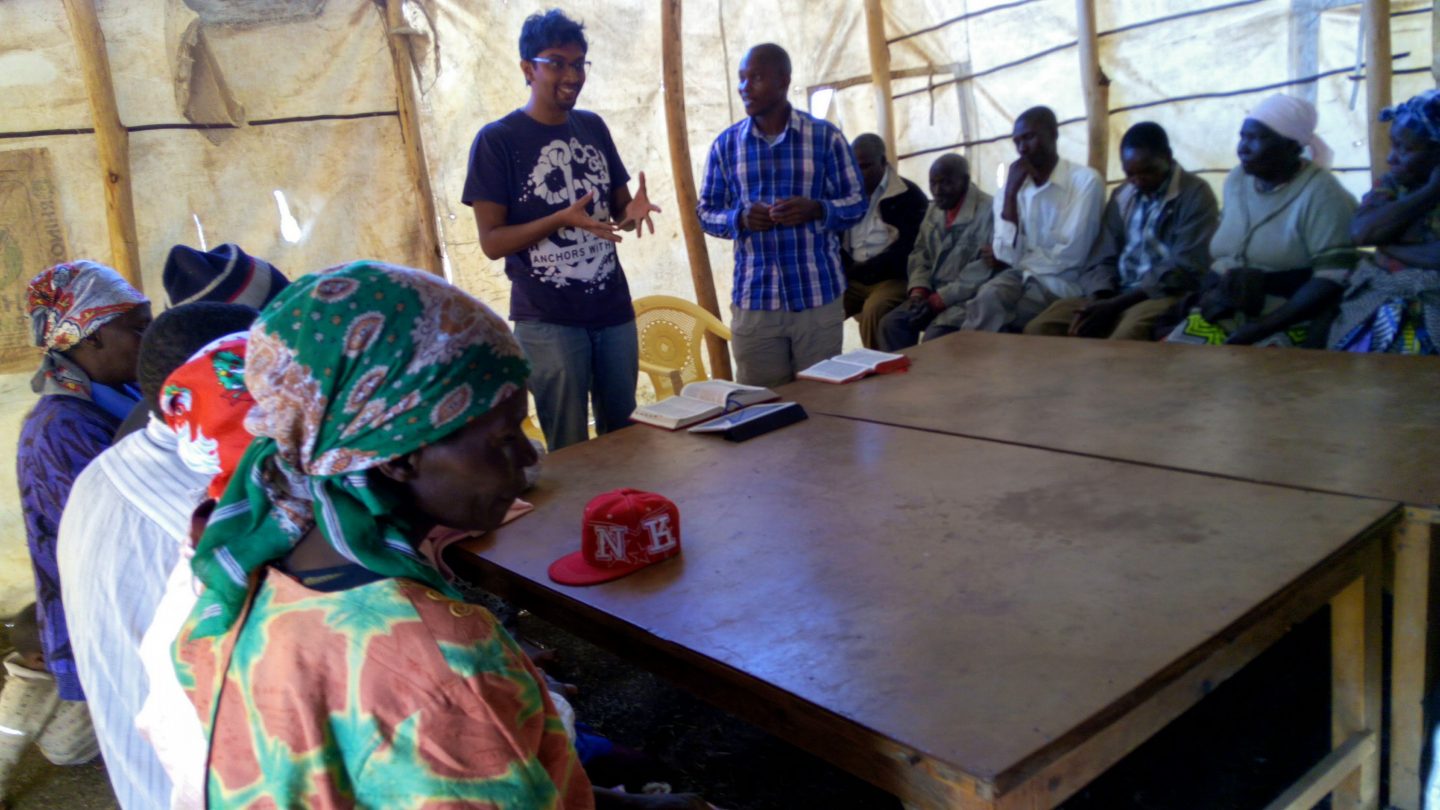
Tim’s very first time sharing at a refugee camp. He was nervous, but the Lord spoke to him through a sign as he entered the camp, assuring him that He had prepared him well for the assignment.
God knew the truth of my heart and addressed it as only He could.
The God who leaves the 99 for the one doesn’t necessarily care about the numbers game.
My calculus of marginal utility in the race against time for the souls of man, probably didn’t matter that much to Him either.
Instead, I believe that what He was more interested in was my submission to His sovereignty in the now.
As long as we’re surrendered to His will for our lives, then where we are and what we’re doing is His ordination.
And where we’re planted is where we’re supposed to bear fruit.
We are an independent, non-profit organisation that relies on the generosity of our readers, such as yourself, to continue serving the kingdom. Every dollar donated goes directly back into our editorial coverage.
Would you consider partnering with us in our kingdom work by supporting us financially, either as a one-off donation, or a recurring pledge?
Support Salt&Light